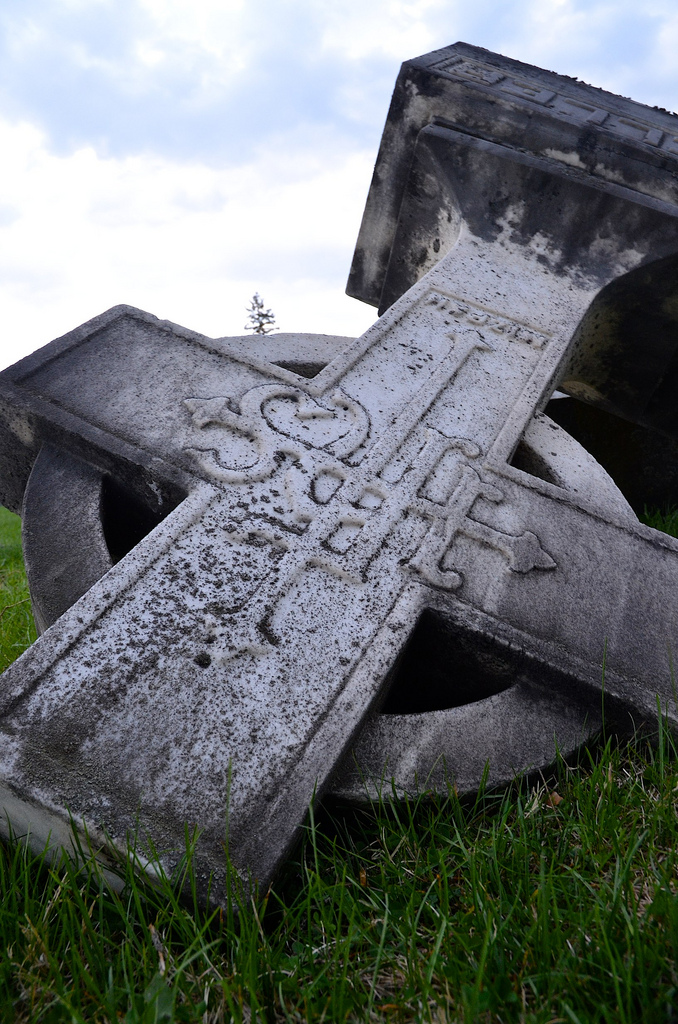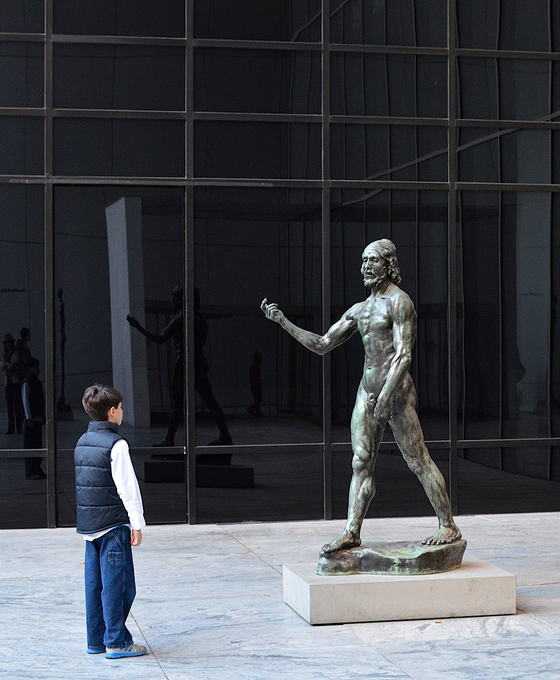It is our nature to mark specific dates and times, not just the annual remembrance, but particularly those that seem somehow significant, whether numerically (5, 10, and so on) or personally, as when we passed the threshold when Mack had been gone from this world longer than he had been in it. Today is the anniversary of Mack’s death, his 10th Jahrzeit, and I feel I should mark it in some way, publicly. Privately, Elizabeth, Izzy, and I will continue to celebrate his life and mourn his death in personal ways.
I know that there are also many who were Mack’s close friends and ours who also mark and mourn this day. They need no reminder from me of the significance of this day. There are now hundreds others who never met Mack in person, yet know of him through our friendship, writing, and the Soccer Fund at Penn State. His memory lives on in ways that we never expected and we are deeply grateful. Thank you.
That is what is most important to say today, Thank you. What follows is some personal and theological reflection that may or may not be of interest to you. If you stop now I will understand and I want to say again, Thank you. Thank you for your love, care, concern, and endless support.

The world has changed so much in the last decade. And yet so little. There are wars and rumors of wars. I have long contemplated the passage of time, particularly in relationship to my faith in the Parousia, the Second Coming of Jesus. I have written of it before. In the last weeks I have been reading again Emil Brunner’s tremendous (and tremendously encouraging) work Eternal Hope. Brunner’s subject is the hope that we have in the resurrection and particularly how this confidence of the future provides a means for us to live in the present.
“Hope means the presence of the future, or more precisely it if one of the ways in which what is merely future and potential is made vividly present and actual to us. Hope is the positive, as anxiety is the negative, mode of awaiting the future.” (Eternal Hope, p. 7)
It is perhaps worth noting that Brunner dedicated this book to his sons, Peter and Thomas, who died before him. Hope is vital to life. So, as I contemplate the time that has passed without Mack present (and even as we celebrate the time we have with one another and especially our daughter), perhaps sharing Brunner’s reflection on the nature of time with respect to our ultimate reunion is an appropriate memorial for this day. It certainly brings me comfort and hope.
In what follows, Brunner is wrestling with the question of when we, humanity, will be resurrected. How do we reconcile this passage of time with the fact that the Parousia, so clearly imminently expected in the New Testament, has not yet occurred.
“What creates the greatest difficulty for our conception is the divisibility of time. … It can be solved the moment we become clear that time belongs to the earthly world. Here on earth there is a before and an after and intervals of time which embrace centuries or even millenniums. But on the other side, in the world of the resurrection, in eternity, there are no such divisions of time, of this time which is perishable. The date of death differs for each man, for the day of death belongs to this world. Our day of resurrection is the same for all and yet is not separated from the day of death by intervals of centuries for these time-intervals are here, not there in the presence of God, where ‘a thousand years are as a day.’” (pp. 151-52, emphasis mine)
“The being with Christ is not the moment immediately after death. For in the eternal world there is no next moment. In death the world of space and time disappears – and it is just this which is the temporal aspect to which corresponds, from the other-worldly point of view, the being with Christ and the future coming of the Lord, both being one and the same,” (p. 153).
Embedded in this discussion, is the answer to the question of the mourner, where is my departed loved one now? Some talk of “soul sleep” and others of the dead being immediately “in the arms of Jesus,” but there is still the future event of the coming of Jesus to “judge the living and the dead, and of his Kingdom there shall be no end.” I have written about this in Beautiful and Terrible Things, but to summarize here, I independently came to the same conclusion as Brunner. Since time outside of this world does not exist as such, when we depart this world, each at our own time here, we all arise in the next world together. This comforts me, both in the affirmation of the resurrection, that we live again in Christ and more fully than we ever can in this world, but also that we do so together. This conception, as Brunner himself points out, is “only a possibility, not as a certainty,” yet it encourages me and offers me hope.
As I contemplate the past decade without Mack, when I look at his friends and am so thankful for what incredible young men they have become, my heart rests in the hope and confidence that in a trice we shall all be together again, “raised imperishable” (1 Cor. 15).
My friends, thank you again for your love and care these many years and I pray that you too will live in hope.






One thought on “10 Years Have Passed – Remembering Mack & the Hope of the Future”
We love you all. Thank you for helping us know and love Mack.